We’re excited to introduce you to the always interesting and insightful Khalisa Rae. We hope you’ll enjoy our conversation with Khalisa below.
Hi Khalisa, thank you so much for opening up with us about some important, but sometimes personal topics. One that really matters to us is overcoming Imposter Syndrome because we’ve seen how so many people are held back in life because of this and so we’d really appreciate hearing about how you overcame Imposter Syndrome.
I don’t think I’ve overcome imposter syndrome—honestly, it’s a daily practice to disarm it. To recognize when it shows up, call it by name, and choose not to let it take the lead. It tends to creep in when I’m leveling up—stepping into unfamiliar rooms, speaking on big stages, or being the only Black woman at the table. There were times when I felt like I had to shrink just to be accepted. Now, I know better. My story, my voice, my lens—they are my superpowers.
My therapist always tells me: “Map where you’ve been. List your accomplishments. Create mantras that remind you of who you are.” That has become a ritual for me. When the doubt comes, I ground myself. I look at the work I’ve done, the lives I’ve impacted, and I say out loud: You are here on purpose. You are not too much. You are the light.
Community plays a huge role too. Being surrounded by other Black creatives, truth-tellers, and culture workers reminds me I’m not alone and that I do belong. I’ve stopped waiting for permission to take up space. If a door doesn’t open, I build a new one—and hold it open for others to walk through.
Standing in my power is now a boundary and a commitment. Anything or anyone that tries to dim my light has to go. Imposter syndrome might still whisper some days—but now I have tools, truth, and a tribe. I’ve stopped shrinking to make others comfortable. My voice is not too much. My dreams are not too big. And my presence in any space is not a mistake.
I belong here—and I bring others with me.
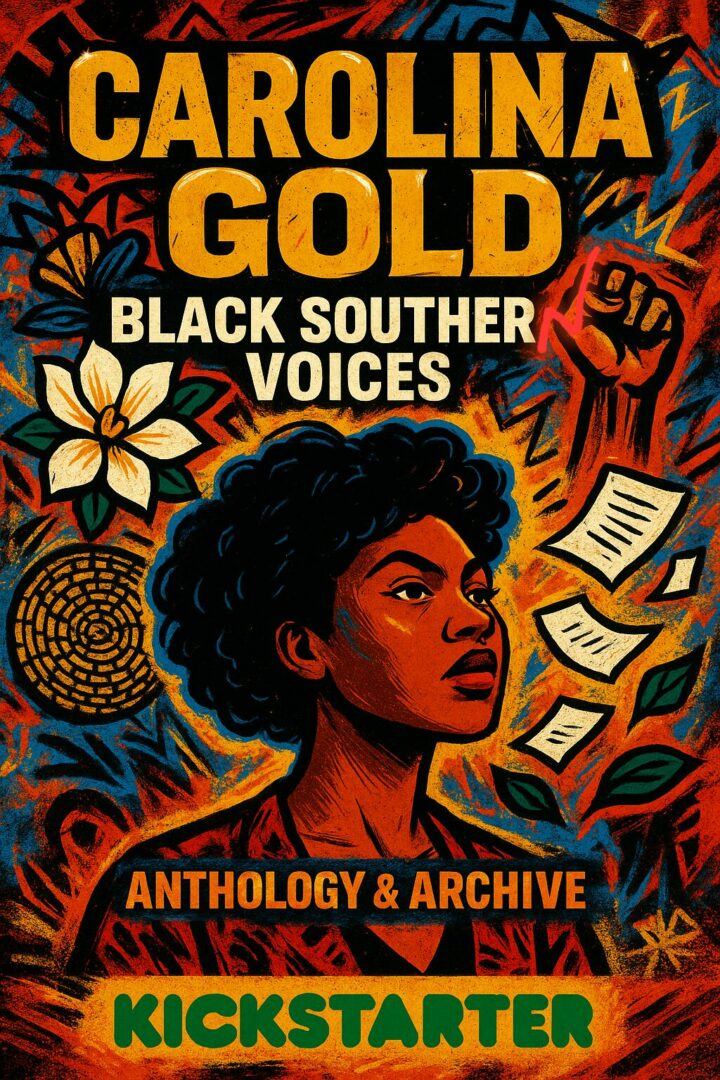
Great, so let’s take a few minutes and cover your story. What should folks know about you and what you do?
I’m Khalisa Rae—a Black Southern writer, poet, and cultural organizer who believes in the power of storytelling to heal, reclaim, and rebuild. At the heart of everything I do is a commitment to honoring and preserving the stories of the Black South—not just as history, but as living, breathing legacy.
I serve as the Theater and Literature Director at the North Carolina Arts Council, where I advocate for historically excluded voices, and I’m the founder of the Griot & Grey Owl Black Southern Writers Conference—a space I dreamed into being so Black writers like me could feel deeply seen, celebrated, and held.
What I’m most excited about right now is our Carolina Gold Project, which includes a literary anthology, a digital archive, and our annual Griot & Grey Owl conference. This work is more than a passion—it’s a sacred responsibility.
What makes this project truly special is that we’re building the first-ever digital archive and living anthology dedicated specifically to Black Southern writers and storytellers. There is no central space where our literature, our oral histories, our poems and prose—especially from emerging voices—are preserved and celebrated in this way. We are filling a historic gap. We are saying: We were here. We are here. And we will not be forgotten.
We launched a grassroots Kickstarter campaign to raise $40,000 so we can fund this work directly through community care. That funding will support writer honorariums, production of the anthology, community programming, and the digital platform that will house this archive for generations to come.
This is about more than art—it’s about legacy. It’s about creating a literary homeplace for Black Southerners where we don’t have to explain ourselves, translate our tongues, or ask for permission. It’s about creating something eternal.
At the end of the day, my goal is to build spaces—on the page and in the world—where our stories can stretch out, exhale, and be honored as gold. Because they are.
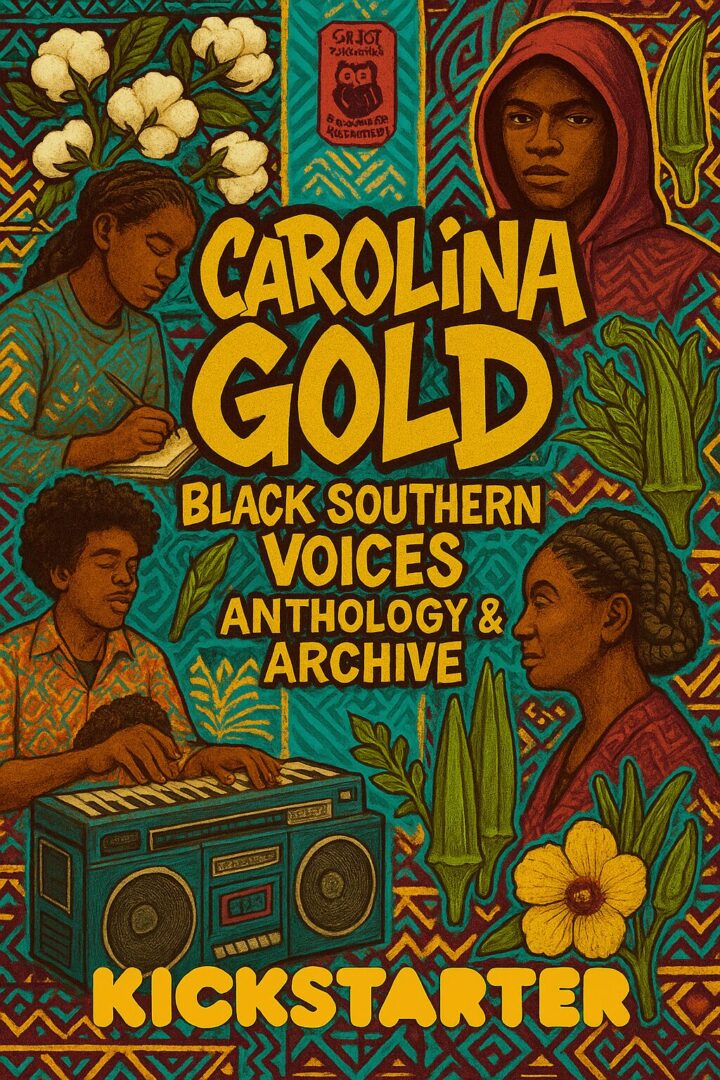
Looking back, what do you think were the three qualities, skills, or areas of knowledge that were most impactful in your journey? What advice do you have for folks who are early in their journey in terms of how they can best develop or improve on these?
1) Resilience rooted in purpose
Being a Black woman in the South, especially in creative, academic, and nonprofit spaces, means constantly navigating systems that weren’t built for you. What kept me going wasn’t just grit, it was a clear sense of purpose. I knew my work had weight. My advice? Get clear on why you do what you do. Let that be your anchor when the road gets rocky. Purpose will carry you when motivation fades.
2) Community-building as a survival skill
I used to think I had to do everything on my own. Now I know: community is everything. The most impactful moments in my journey have come from collaboration, from being part of circles that uplift, challenge, and sharpen me. Find your people early. Build reciprocal relationships. Lean on mentors, peers, and those walking beside you. No one gets free alone.
3) Authenticity as strategy, not just sentiment
There’s power in showing up fully as yourself—in your voice, your leadership, your art. For years, I tried to fit into boxes to be palatable or professional. But real doors started opening when I brought my full, authentic self to the table. My advice? Be honest about who you are and what matters to you. The right people and opportunities will find you—not in spite of your truth, but because of it.
This journey takes time. Give yourself grace. Celebrate the small wins. And always remember:
“You don’t have to shrink to survive. You were born to take up space.”
That’s my mantra—and my prayer for every person walking this path.
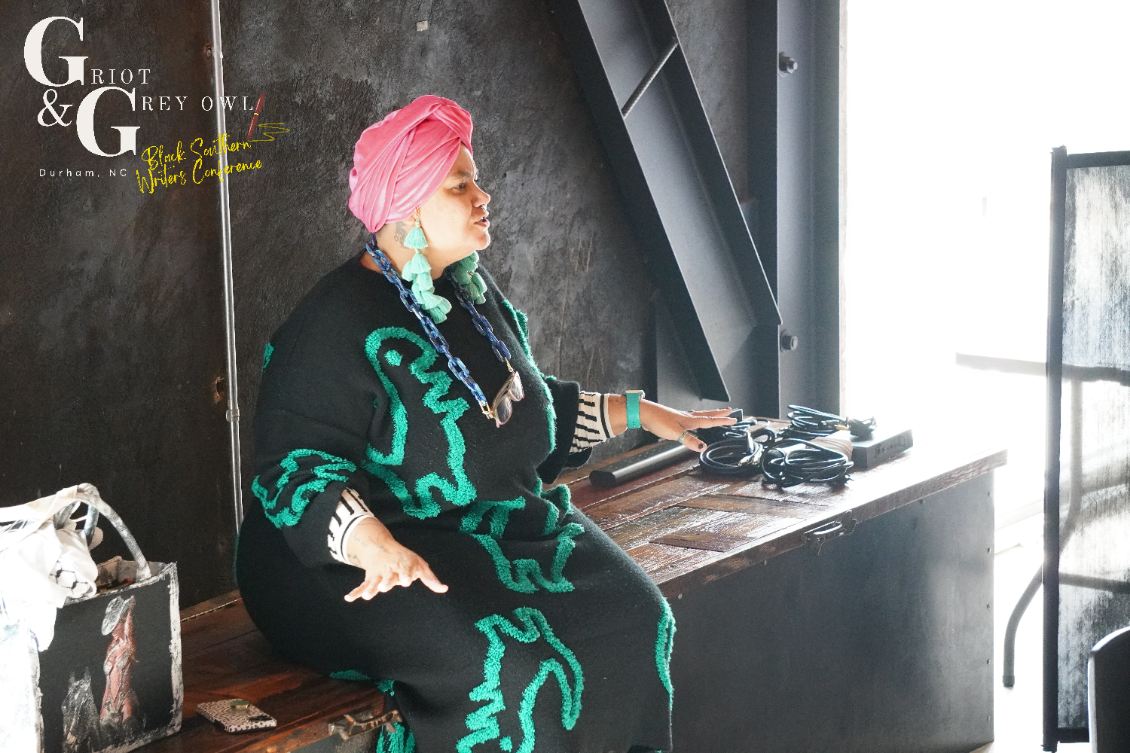
Okay, so before we go we always love to ask if you are looking for folks to partner or collaborate with?
Collaboration is at the core of everything we do.
At Griot & Grey Owl, and through the Carolina Gold Project, we’re building with those who believe in the power of Black Southern storytelling to shape culture, preserve legacy, and spark liberation.
We’re especially eager to partner with:
Schools & Educators: Co-creating culturally rooted lesson plans, writing workshops, and campus programming.
Black-Owned Businesses & Bookstores: Hosting readings, serving as community hubs, and distributing our anthology.
Equity-Driven Nonprofits, Museums & Arts Organizations: Co-sponsoring panels, performances, and archival projects.
Content Creators & Media Makers: Bringing our stories to life through film, digital storytelling, and creative campaigns.
We’re already working with incredible partners, including the Durham Arts Council, the Hayti Heritage Center, the Nasher Museum, BUMP the Triangle, NC State, and Duke, to create youth workshops, residencies, panels, festivals, and more together. And we’re only getting started.
Through our Carolina Gold Project, an anthology, a first-of-its-kind digital archive, and our annual conference, we’re imagining bold, collaborative ways to honor Black Southern voices. Here’s where you come in.
Together, we could:
Develop lesson plans or curriculum rooted in Black Southern traditions.
Build a digital archive to preserve voices and histories.
Produce a documentary or short film series.
Host performances, workshops, or writer residencies.
Co-sponsor panels, book tours, or pop-up events.
Launch cross-community marketing campaigns.
And if you’re envisioning something else? Let’s talk. We welcome creativity and shared vision.
Our partners aren’t just sponsors, they’re co-builders of a movement. Together, we’re shaping a future where Black Southern readers, writers, and storytellers are seen, celebrated, and supported.
Contact Info:
- Website: https://griotandgreyowl.org/
- Instagram: https://www.instagram.com/griotandgreyowl
- Facebook: https://www.facebook.com/griotandgreyowl
- Twitter: https://x.com/griotgreyowl
- Youtube: https://youtube.com/griotandgreyowl
- Other: https://www.kickstarter.com/projects/griotandgreyowl/carolina-gold-a-black-southern-anthology-and-digital-archive?ref=user_menu
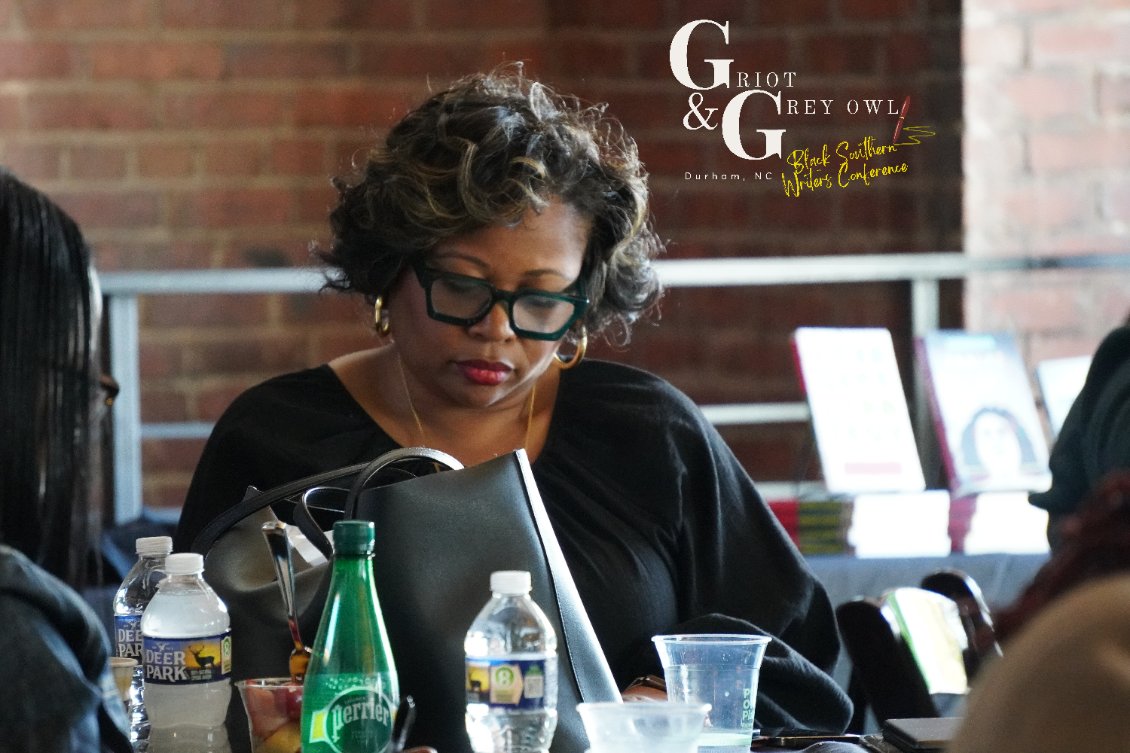
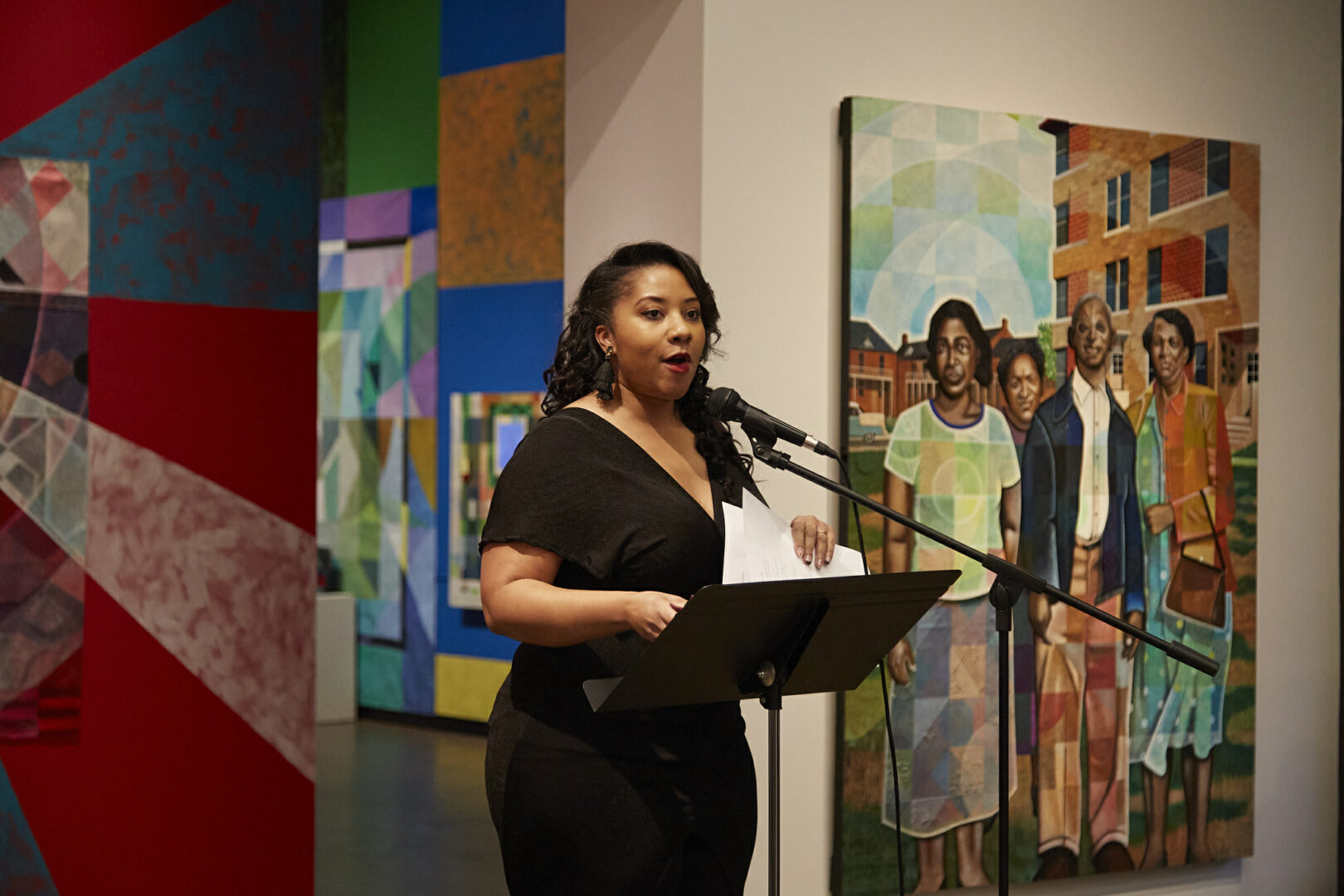
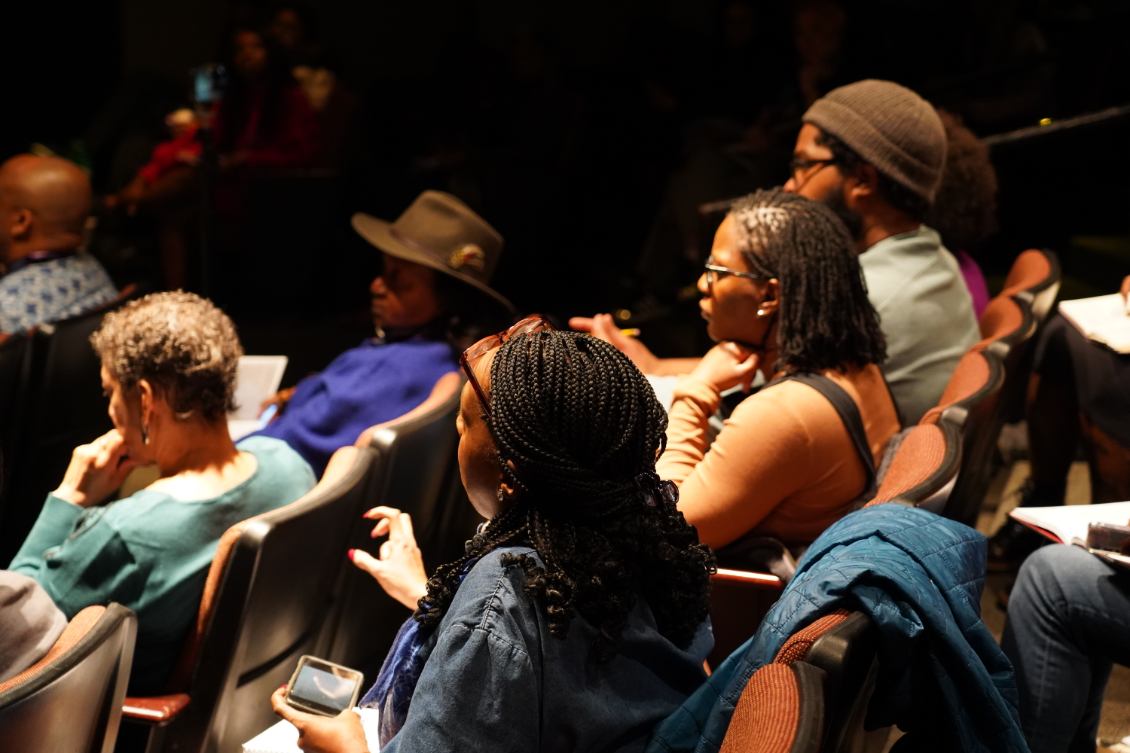
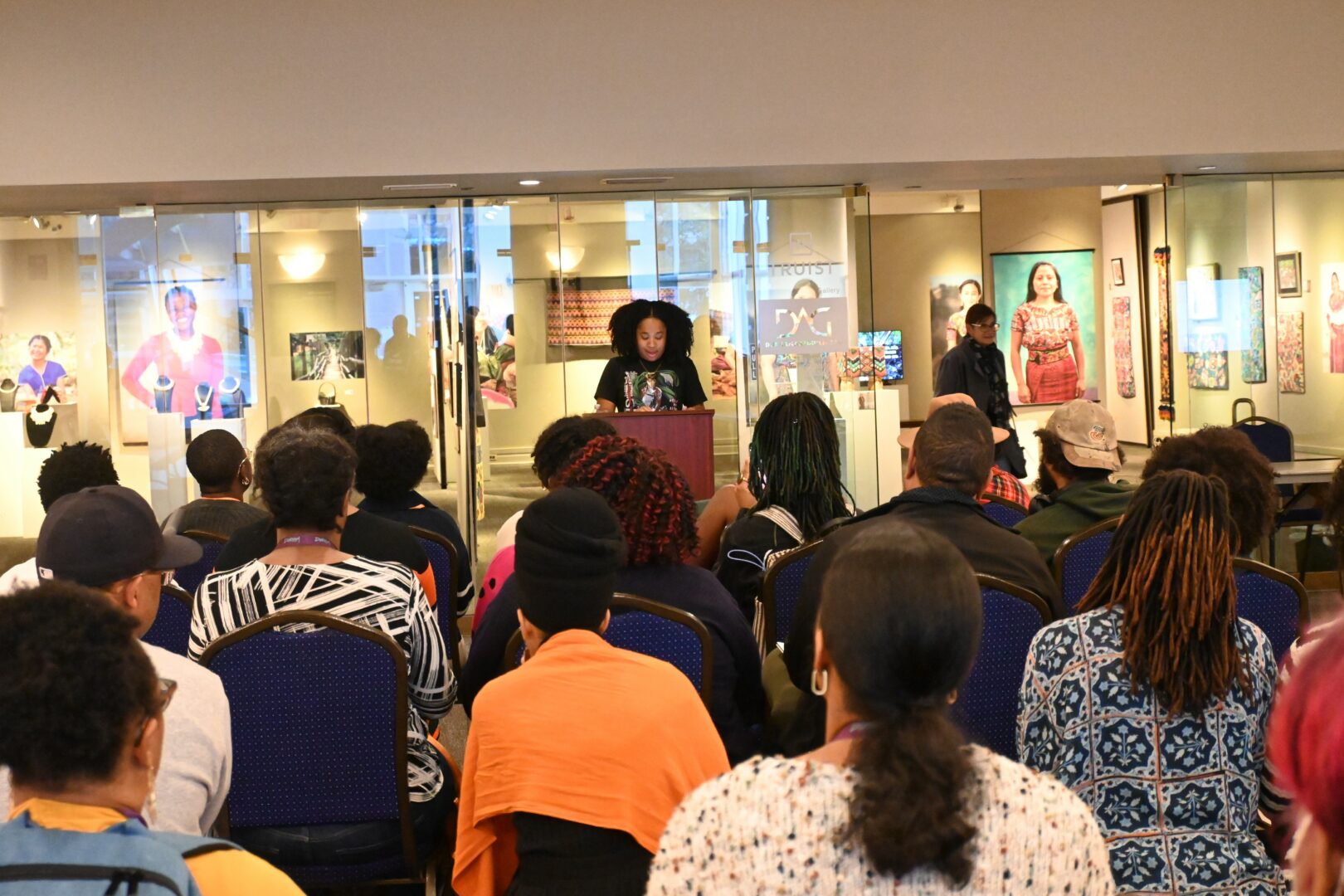
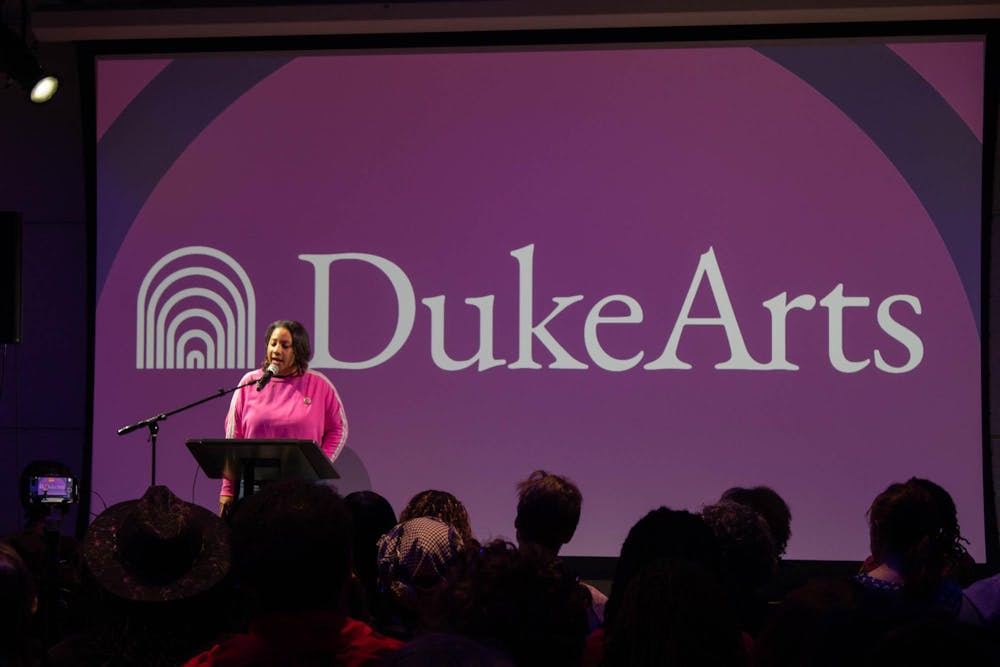
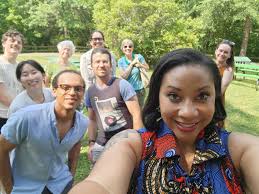
Image Credits
Eric Thompson
Law Bullock
Khalisa Rae
so if you or someone you know deserves recognition please let us know here.



